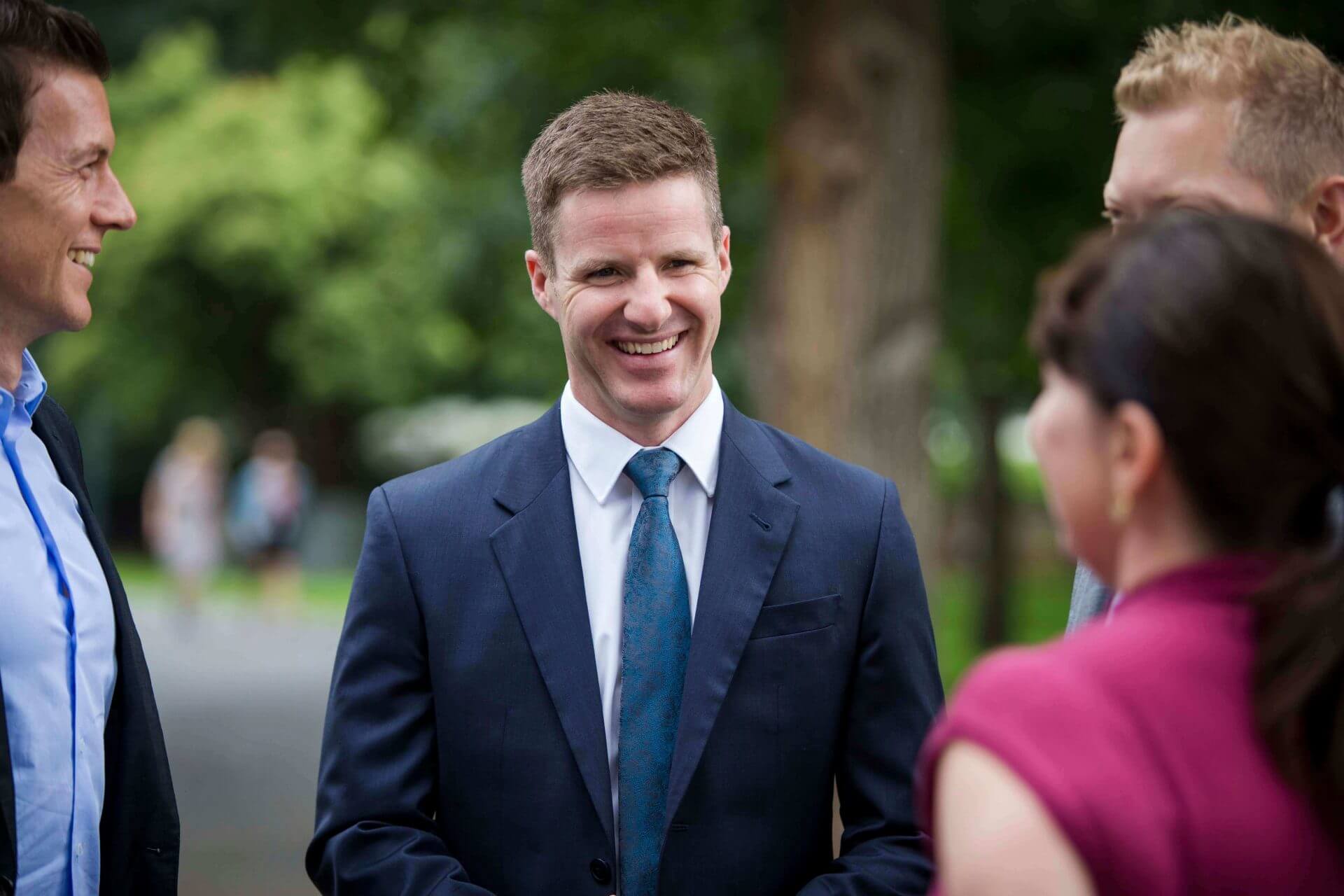





We’ve made it to the third month of the year and we’ve already experienced our fair share of geopolitical events. The recent escalation between Russia and Ukraine has investors nervously watching to try and forecast inflation, rising interest rates, and what this means for global investment markets.
It can be difficult to not feel sadness and despair at the human toll of this devastating conflict. However, in this week’s blog, I break down how events like these have impacted investors and financial markets in the past.
No one knows Putin’s full intentions and its early days into this conflict. Whilst de-escalation could happen quite quickly, there is also the risk this could be a drawn-out process with Putin potentially striving to absorb Ukraine into Russia.
Geopolitical events are not uncommon and occur rather frequently. There is a long history of geopolitical events such as wars and terrorist attacks. Generally, the market has a sharp fall, followed by a rebound.
In researching this blog, I looked at various data since World War 2 and interpreted the following key statistics.
Source: LPL Financial
The above shows that generally markets don’t react too negatively to geopolitical events and tend to recover quickly. However, I am talking about averages and different geopolitical events can have more or less severe impacts on investment markets. For example, following the Pearl Harbor attack in 1941, the US sharemarket declined by almost 20%.
After Russia crossed the border into Ukraine late last week, markets had a kneejerk reaction as expected. The S&P/ASX 200 index fell around 3%. Of course, I do not have a crystal ball, and no one knows how deep this conflict could go and how far-reaching the economic consequences could be.
The US, UK, and other western countries have imposed several economic sanctions on Russia in a bid to slow them down.
Some economists are discussing fears of Stagflation. Stagflation occurs with inflation rising whilst economic growth is slow. The world experienced this in the 1970s when higher oil prices pushed up inflation. Given Russia controls a large part of Europe’s oil and gas supply, there are fears the current conflict could trigger stagflation as oil prices are on the rise.
In conclusion, whilst global conflicts such as we are experiencing now are terribly sad with the loss of human life, generally investment markets are resilient to such conflicts.
Hewison Private Wealth is a Melbourne based independent financial planning firm. Our financial advisers are highly qualified wealth managers and specialise in self managed super funds (SMSF), financial planning, retirement planning advice and investment portfolio management. If you would like to speak to a financial adviser on how you can secure your financial future please contact us 03 8548 4800, email [email protected] or visit www.hewison.com.auPlease note: The advice provided above is general information only and individuals should seek specialised advice from a qualified financial advisor. The views in this blog are those of the individual and may not represent the general opinion of the firm. Please contact Hewison Private Wealth for more information.